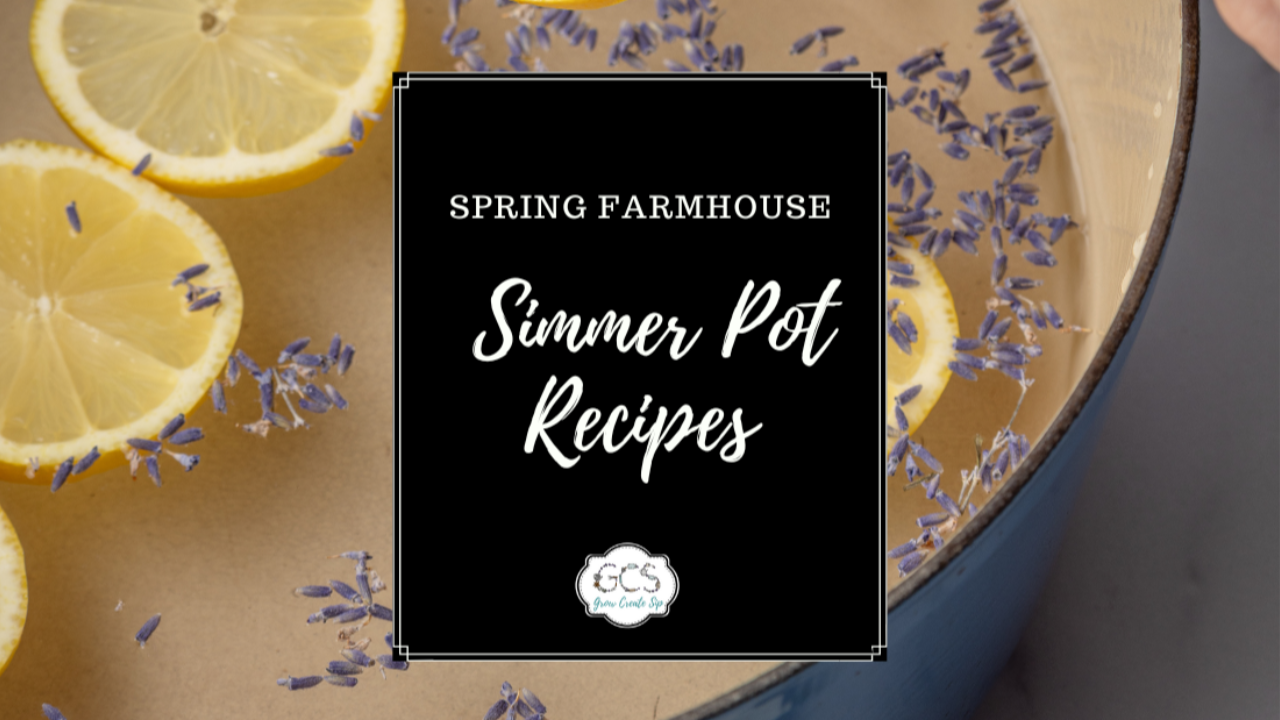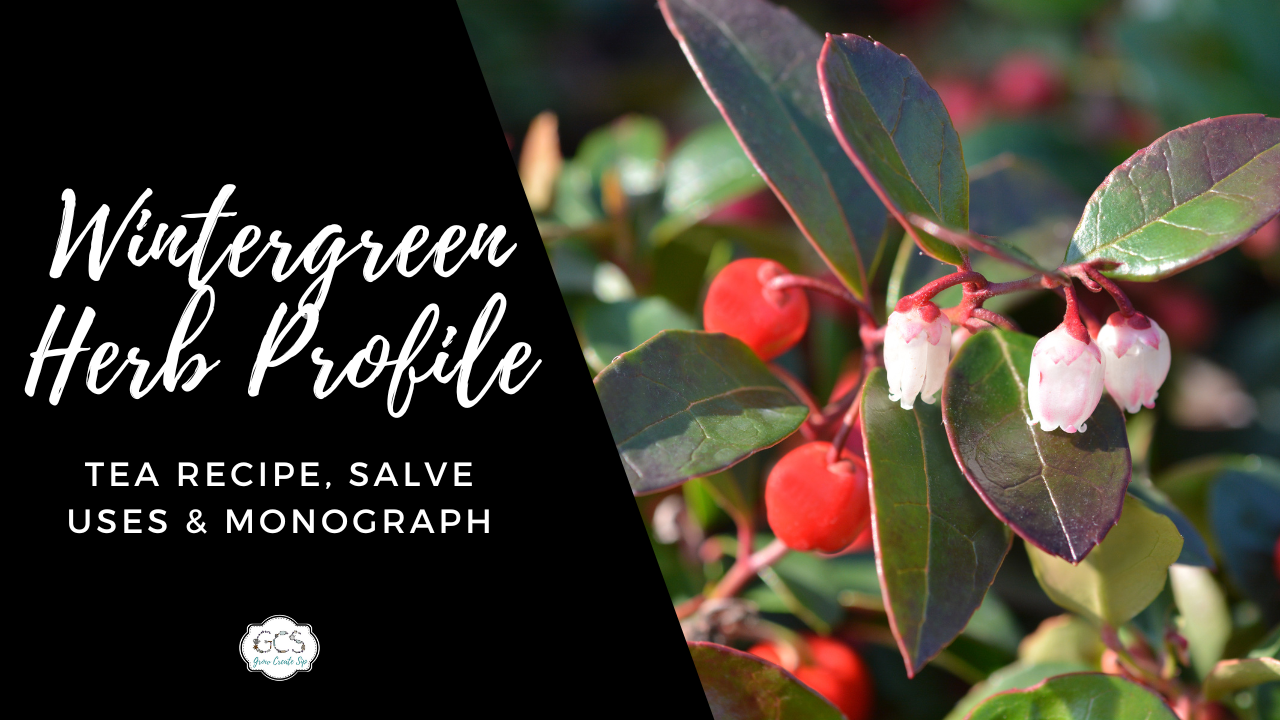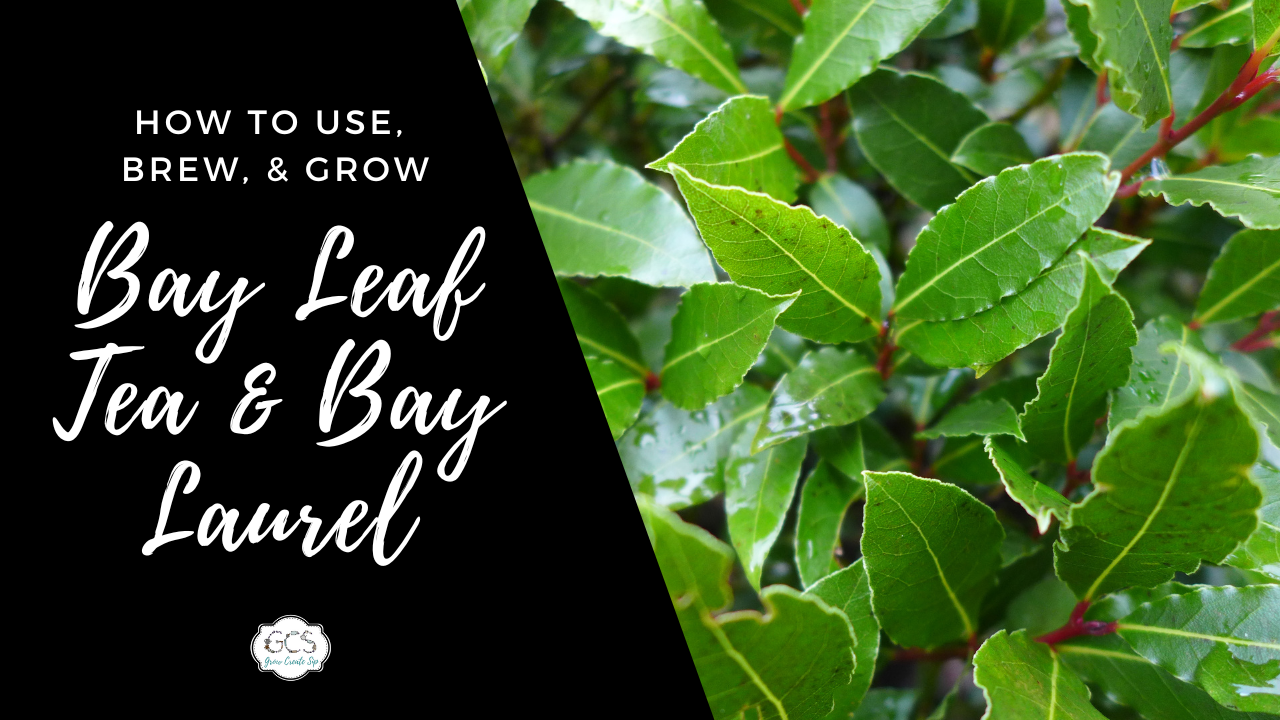How to Make Elderflower Tea for Immune Support & Calming Benefits
Sep 09, 2025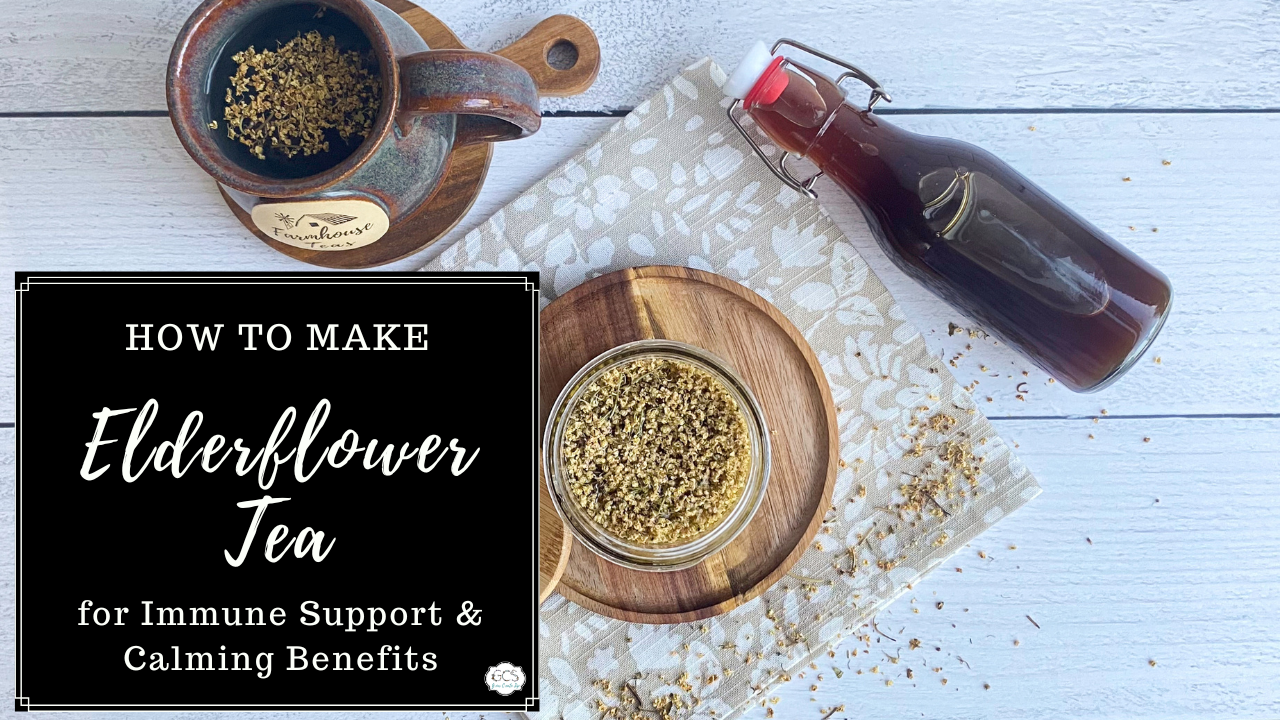
Here in the Pacific Northwest, elderberries grow wild along roadsides and riverbanks. Most people pass them by, never realizing there’s a powerful, immune-supporting plant right there waiting to be foraged. Each season, I face the same choice: do I snip the creamy, fragrant flowers or wait for the deep purple fruits? The fruits are better known, but the flowers have wonderful properties of their own. Usually, I’ll gather a few blossoms to dry for teas—especially for supporting the body during fevers—and save the rest to become fruit later in the season. It’s a balancing act between beauty and bounty.
The Legal Stuff This blog is provided by St. Fiacre's Farm LLC for informational purposes only. It does not constitute medical advice, and you should always seek the advice of a qualified healthcare provider for any medical questions or concerns. These statements have not been evaluated by the Food and Drug Administration. This product is not intended to diagnose, treat, cure, or prevent any disease. Please note that we may earn a small commission on purchases you make through our affiliate links, at no additional cost to you. Thank you for your support! While elderberries get most of the spotlight, elderflowers are just as worthy of a place in your herbal pantry. They’re traditionally used for gentle immune support, they have a calming, soothing nature (especially when paired with chamomile or lemon balm), and they offer a cooling effect—wonderful on hot days or when the body needs it. For more on the plant itself, visit Everything You’ve Ever Wondered About Elderberry Plants. Q: Can I drink elderflower tea daily? Q: Can I blend elderflowers with other herbs? Q: Where can I buy quality elderflowers? Elderflowers are one of those gentle yet powerful gifts from God’s creation, offering immune support, calming comfort, and endless ways to enjoy them. From sipping a fresh cup of elderflower tea to mixing up a fragrant cordial or drizzling elderflower-infused honey over biscuits, there’s no shortage of ways to bring their floral goodness into your home. With a few harvesting tips in mind, you can decide whether to gather blossoms for tea or let them ripen into elderberries for later — either way, you’ll be working in harmony with the seasons He’s designed. I’d love to hear from you: do you grow your own elderberry plant, and do you tend to harvest flowers, fruits, or both? Before you go, make sure to grab your free Tea Steeping 101 Guide and Freebies so every cup you brew — elderflower or otherwise — is steeped to perfection.
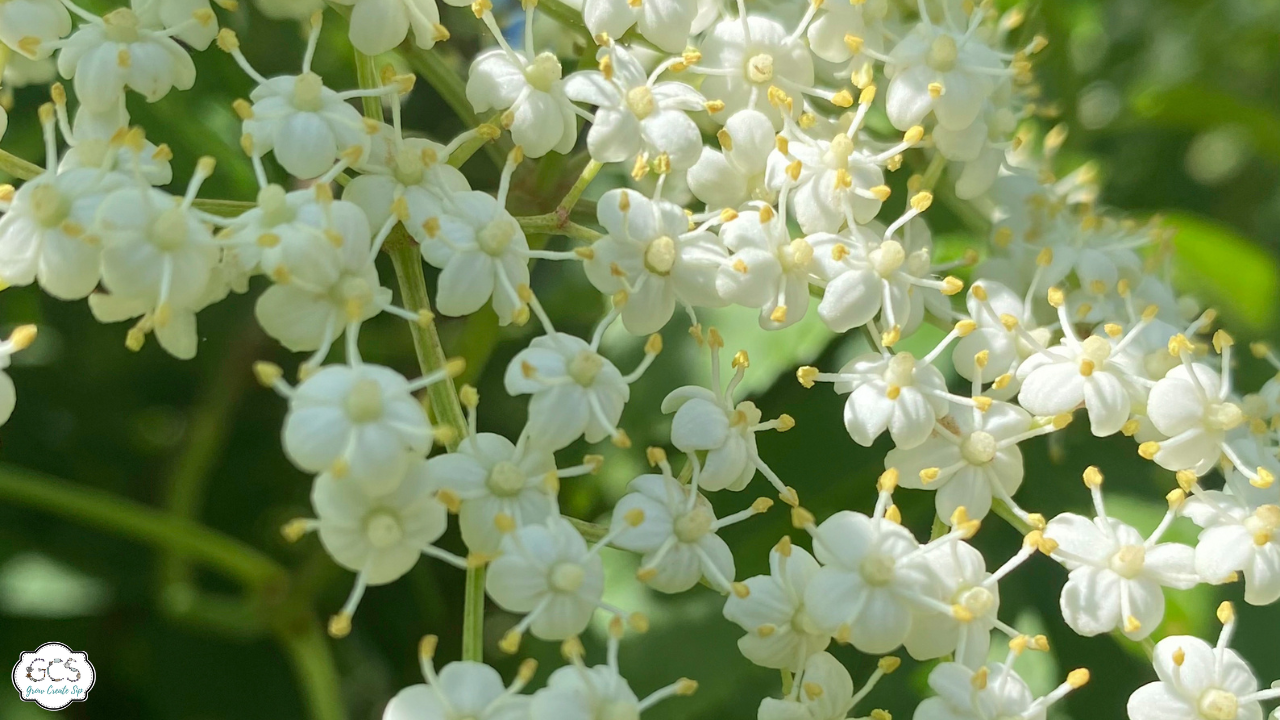
Why Elderflowers Are So Special
More Elderflower Ideas
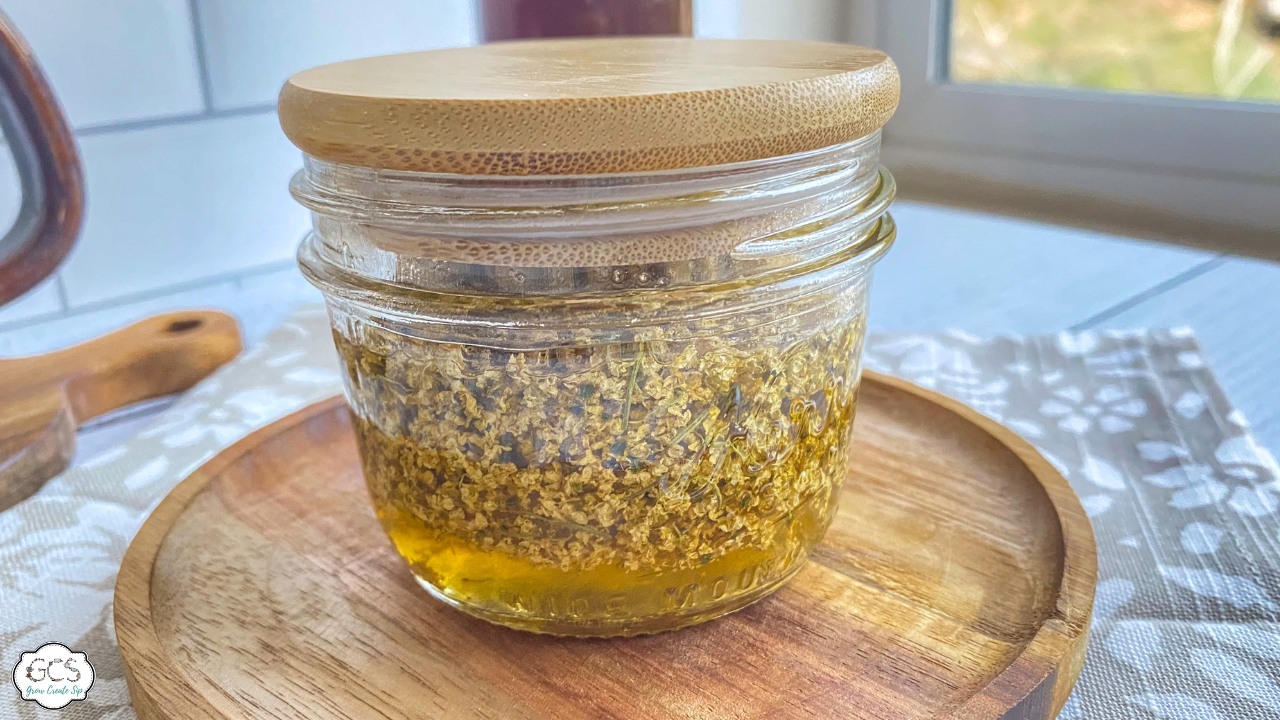
Helpful Tips for Working with Elderflowers
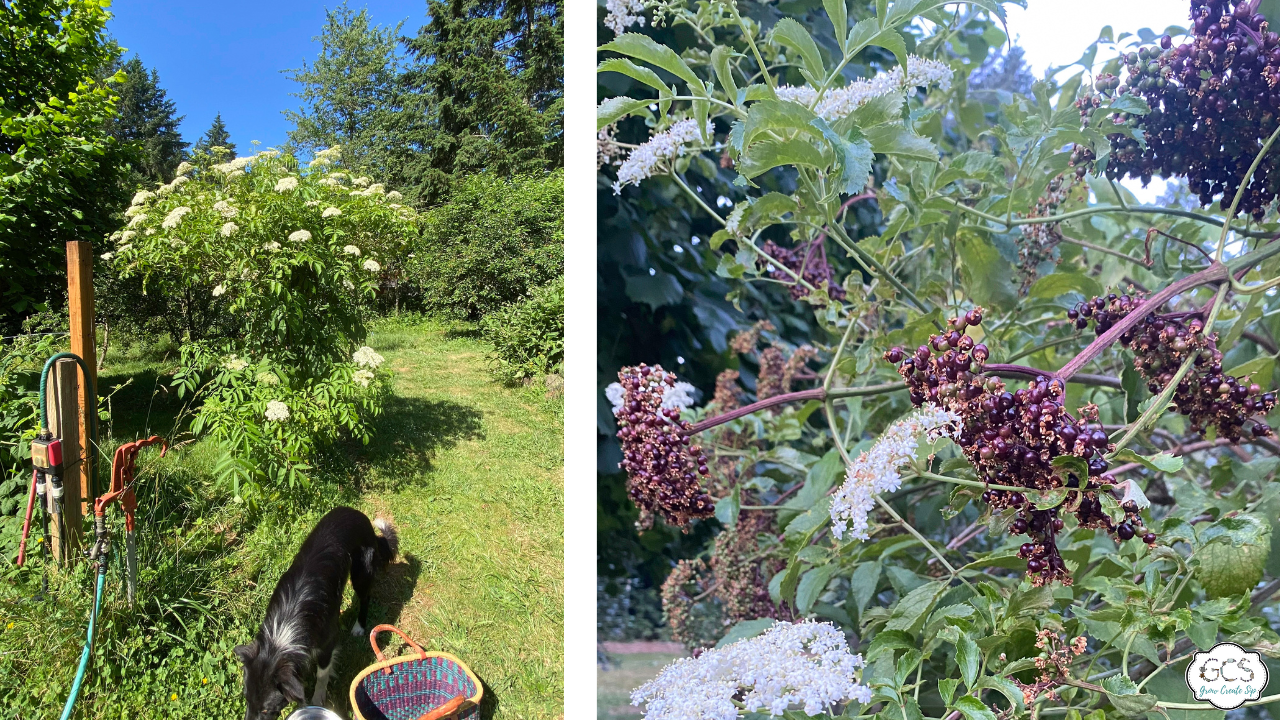
Questions Often Asked about Elderflower Tea
A: Most herbalists consider elderflower tea safe for daily use in moderate amounts (about 1–3 cups) for most healthy adults, as long as only the blossoms are used. Avoid during pregnancy, while breastfeeding, or if you have allergies to the honeysuckle family.
A: Yes! Try chamomile for relaxation or peppermint for a cooling twist. Always know the contraindications for each herb you use by doing monograph research to make sure it is safe for you and your situation.
A: If you're not able to grow your own or forage, we recommend our Farmhouse Teas Elderflowers.
Before You Head Back to the Garden
Read More About Elderberry











